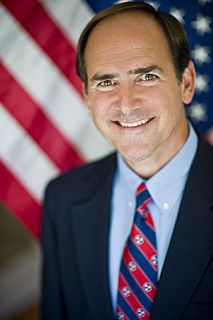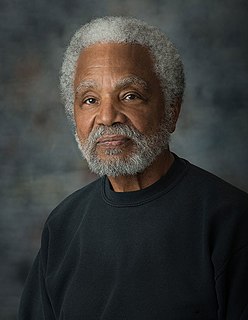A Quote by Al Sharpton
I need to hear something about how he`s going to bring people together in the spirit, hopefully, of Martin Luther King Jr., and if that`s not heard, then we`ve got to constantly challenge him.
Related Quotes
I still hear people say that I should not be talking about the rights of lesbian and gay people and I should stick to the issue of racial justice. But I hasten to remind them that Martin Luther King Jr. said, 'Injustice anywhere is a threat to justice everywhere.' I appeal to everyone who believes in Martin Luther King Jr.'s dream to make room at the table of brother- and sisterhood for lesbian and gay people.
I remember back in the 1960s - late '50s, really - reading a comic book called 'Martin Luther King Jr. and the Montgomery Story.' Fourteen pages. It sold for 10 cents. And this little book inspired me to attend non-violence workshops, to study about Gandhi, about Thoreau, to study Martin Luther King, Jr., to study civil disobedience.
Every now and then I think about my own death, and I think about my own funeral. [...] Every now and then I ask myself, 'What is it that I would want said?' I'd like somebody to mention that day, that Martin Luther King, Jr., tried to give his life serving others. I'd like for somebody to say that day, that Martin Luther King, Jr., tried to love somebody.
John Lewis has great history as a civil rights fighter.As a young man, he was one of the guys out there who was leading the parades during the [Martin Luther] King [Jr.] era. So, we all respect his history. But then I hear him crying the blues about Mr. [Donald] Trump and saying he's an illegitimate president, I take offense to that. If it's illegitimate, why is he going on?
Martin Luther King really was a safety valve for white people. Any time it appeared that the black community was on the verge of really doing what we ought to do based on having been attacked, they put Martin Luther King on television. He was always saying, "We must use nonviolence. We must overcome hate with love." White people loved that. That's why they gave him a Nobel Prize. But when Martin Luther King started condemning the Vietnam War, that's when white people turned against him.
I know my dear brother, President [Barack] Obama, has a bust of Martin King right there in the Oval Office, but the question is are is he going to be true to who that Martin Luther King, Jr., actually is? King was concerned about what? The poor. He was concerned about working people. He was concerned about quality jobs. He was concerned about quality housing. He was concerned about precious babies in Vietnam, the way we ought to be concerned about precious babies in Afghanistan and precious babies in Tel Aviv and precious babies in Gaza.
When I was 15 years old in the tenth grade, I heard Martin Luther King, Jr. Three years later, when I was 18, I met Dr. King and we became friends. Two years after that I became very involved in the civil rights movement. I was in college at the time. As I got more and more involved, I saw politics as a means of bringing about change
When I was 15 years old and in the tenth grade, I heard of Martin Luther King, Jr. Three years later, when I was 18, I met Dr. King and we became friends. Two years after that I became very involved in the civil rights movement. I was in college at that time. As I got more and more involved, I saw politics as a means of bringing about change.
We [black people] don't respect our elders. Besides artists, we don't respect Frederick Douglass. We don't respect Martin Luther King. You look at every Martin Luther King Boulevard out here, and it's a crack block. That's not because of white people. That's because of black leadership. We just have that problem, and it's something that I am going to spend the rest of my life trying to conquer.


































